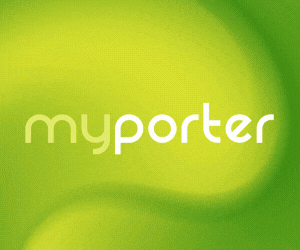The cold weather is yet to arrive, but already winter pressures have caused the NHS to record its worst ever A&E performance in December 2019 as demand for care continues to increase.
The latest statistics reveal that attendances at A&E continued to increase – by 6.5% in December 2019 compared with 2018 and a 2.9% increase in emergency admissions. Only 79.8% of patients were seen within four hours across all A&E departments compared to 86.5% in the same month last year, setting another record low performance since the collection began.
The statistics also reveal a massive increase in the number of four-hour delays from decision to admit to admission this month – 98,453 compared with 59,805 in December 2018. Of these, 2,347 were delayed over 12 hours, compared to 284 in the same month last year.
Nuffield Trust’s Chief Economist, Professor John Appleby says these sort of delays where patients are waiting on trolleys would once have been “a rare and almost unthinkable event.” He adds that Nuffield Trust’s warning that these figures could top 100,000 as winter goes on could, at this rate, be even worse. “Missed targets are now the norm with more than one in five people attending A&E waiting longer than four hours to be admitted to hospital, transferred or discharged home,” he says.
“The NHS is under intense strain and crying out for emergency treatment of its own,” says Sara Gorton, Head of Health at UNISON. “And this is a picture in a mild winter. The impact of a cold snap would bring the system to its knees. The government has to explain urgently how it’s going to fix the health and social care system that clearly can no longer cope.”
Winter Briefing
Before Christmas, NHS Providers published its Winter Briefing, in which it reported that Trust leaders are more concerned than ever before about this winter. Commenting on the briefing, Saffron Cordery, Deputy Chief Executive of NHS Providers said: “Despite best efforts to plan and prepare for winter, Trusts are already under immense pressure, with some already declaring highest level black alerts. Although NHS staff are working flat out, the NHS is far from where it wants to be.
“With demand continuing to rise at rapid rates, severe workforce shortages, capacity issues and a lack of a sustainable solution to social care, we anticipate winter will be very difficult this year.”
The Winter Briefing highlights seven key areas of concern. These include rising demand for urgent and emergency care – in terms of both volume and acuity – the failure of secondary care capacity to keep up with this growth in demand and the failure of primary and social care capacity to keep up with demand together with operational instability in the face of pressures. The NHS is also starting out in a worse position this winter compared with previous years and systemic workforce shortages mean it is struggling to staff services. The ongoing issue over taxation of pensions compounds this problem through the adverse effect it has on the willingness of senior consultants to work extra shifts. The removal of dedicated winter funding is also an issue.
“We welcome the fact that the new government has made the NHS a top priority. We need to see those commitments turned into action by delivering on solutions to the NHS’s workforce challenges, the social care crisis and by delivering appropriate investment in buildings, equipment and services across the NHS,” Saffron Cordery concludes.









